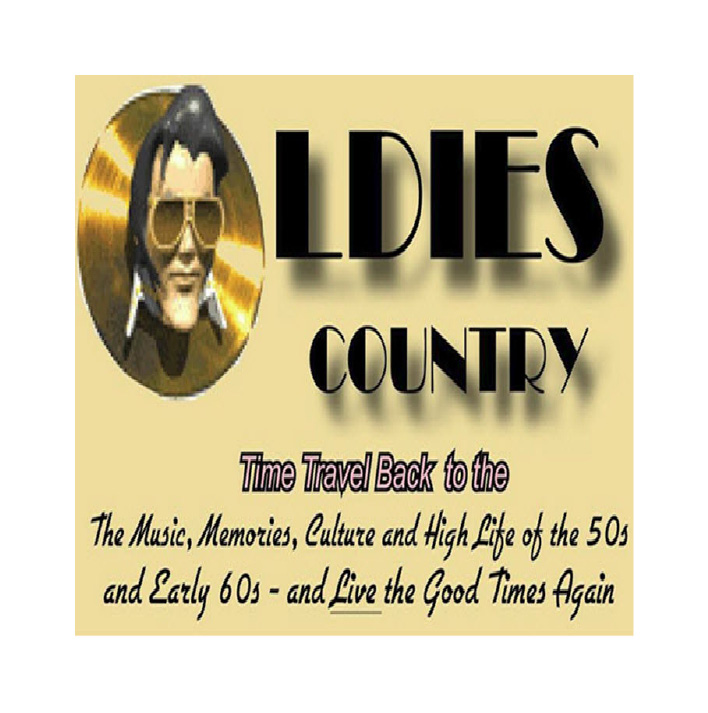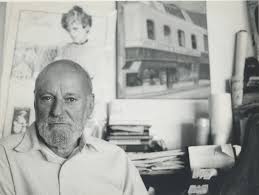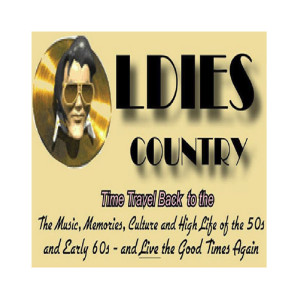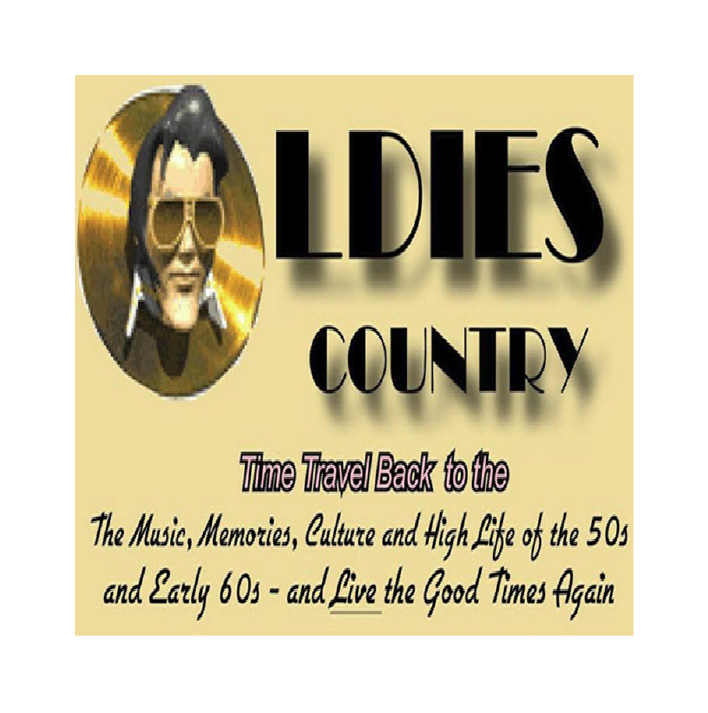96 Year Old Beat Poet Ferlinghetti Looks Back At Old San Francisco, Beat Era
Famed author and San Francisco bookstore owner to this day,96 year young Lawrence Ferlinghetti is fesity as ever as he rails against what some may call the ‘new totalitariansim’ ( or, at least the dot-com boom) which he claims has changed San Francisco from the true ‘ flower power melting pot’ of the 1960s to the most expensive and stratified city in America where the growing upper class has pushed out many of those poor but creative bohemians, of which he was one. Below interview comes on the occasion of Ferlinghetti’s latest book, about his old compatriot, Allen Ginsberg
Below recounted from San Francisco Chronicle Datebook by Jonah Raskin
The heart and the soul of bohemian San Francisco, Lawrence Ferlinghetti has altered the cultural landscape of readers and writers both locally and globally from his perch at City Lights, at 261 Columbus Ave. in North Beach. “I Greet You at the Beginning of a Great Career,” a new collection of letters between him and Allen Ginsberg, tracks their friendship and explores the fellowship of poets born at City Lights Bookstore and its publishing arm, City Lights Books.
Another new book, the 60th anniversary edition of City Lights Pocket Poets Anthology, brings together poets from each of the series’ 60 volumes, including Jack Kerouac and Pablo Neruda, as well as Ferlinghetti himself, who edited the volume and wrote the introduction. “As long as there is poetry, there will be an unknown,” he writes. “As long as there is an unknown there will be poetry.”
Ninety-six years after his birth, there seems no stopping the author of “A Coney Island of the Mind,” which has sold more than a million copies since its publication in 1958 and which ventures as deeply into the unknown as any volume of American verse in the 20th century.
Q: Do you go to City Lights every day?
A: I stay at home and let others do the work.
Q: But you just selected the poetry for the 60th volume in the Pocket Poets Series.
A: I do editorial work at home.
Q: How do you feel about your correspondence with Ginsberg appearing in print?
A: I never expected the letters to be published. Elaine Katzenberger at City Lights wanted them in a book. Allen’s letters are always interesting, mine less so.
Q: In one letter, you talk about the “romance of publishing.”
A: When you’re young, everything seems like a romance. At 96, I can still feel romantic about publishing young unknown writers.
Q: Reading the book of letters, I was surprised to discover that Gregory Corso, whose work you publish, stole money from City Lights.
A: Corso was drinking at Vesuvio. People saw him break in, and they called the police. We went to the hole in the wall where he was living and told him he’d better leave town before the cops arrived. He went to Italy and didn’t come back for ages. We took the amount of money he stole from us from his royalties. I think that was very Buddhist of us. We never called the police on any thief. But sometimes we humiliated thieves by pulling down their pants in the store.
Q: I was surprised by the playfulness of your letters to Ginsberg. You call him “Gins,” “Ginzap” and “Cher maître.”
A: I was his editor and publisher, but I was not a part of his inner circle. He never once said a word about my poetry.
Q: I think Ginsberg was the only person to call you “Larry.”
A: Anyone who shows up at City Lights and says, “I’m a friend of Larry” isn’t a friend of mine. Lawrence is a family name. I’m fond of it.
Q: Is there anyone you would have liked to have published but didn’t?
A: Kerouac. We published him, but not until late in his career. He was tied up with big New York publishers. We did his “Book of Dreams” in 1960.
Q: At times you seem to have been Ginsberg’s therapist.
A: I didn’t think of it that way. He was often overseas and very far out. By comparison with his work, mine is square. I was the guy at home minding the store. He was on his trip. I was on mine. My poetry is heterosexual.
Q: Are you critical of San Francisco today?
A: The dot-commers came with money and no manners. Now we have the Silicon Valley invasion of the city. The techies have ruined much of the Mission. Now they’re hitting North Beach. People with Mercedes-Benzes have moved into the North Beach neighborhood where I’ve lived for 36 years.
Q: Are you a curmudgeon?
A: Everyone is a curmudgeon past the age of 70. The city is rapidly changing. Come back in 20 years and you won’t recognize it. The Manhattanization goes on and on.
Q: What’s your favorite part of the city?
A: North Beach. I’m looking forward to a new book entitled “Sketches From a North Beach Journal” by Ernest Beyl, a local writer for the Marina Times.
Q: Looking back, how do you feel about the city?
A: Like I’m on an extended visit and can go back to New York at any time, though New York is for the young. People from San Francisco who go back there disappear forever. In San Francisco you can still be an individual. The city, what’s left of it, is the last frontier.







